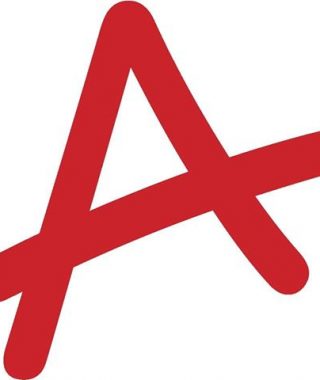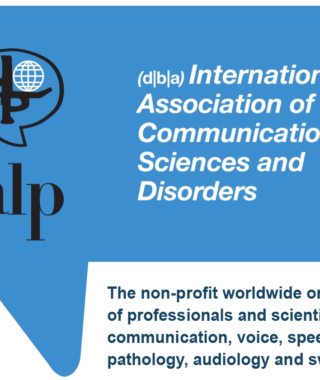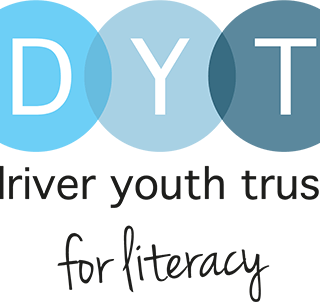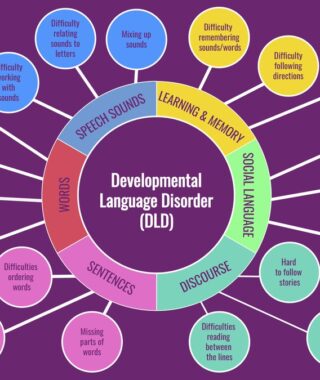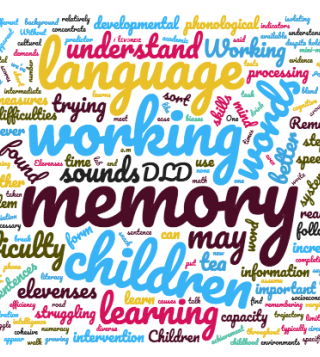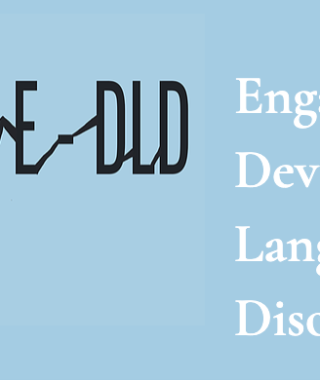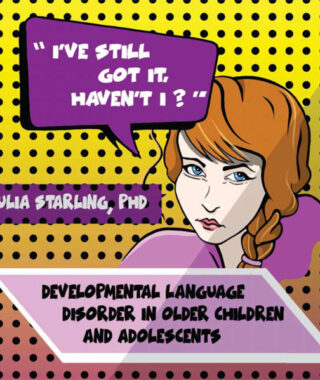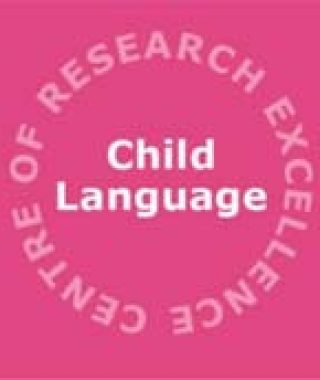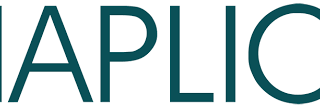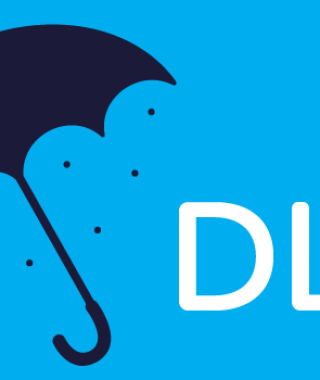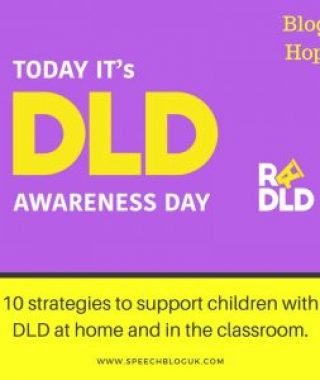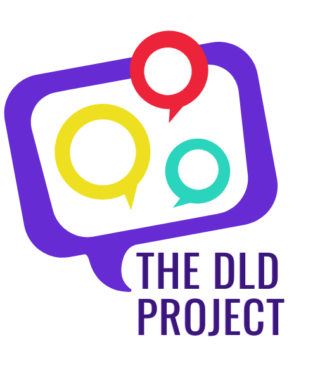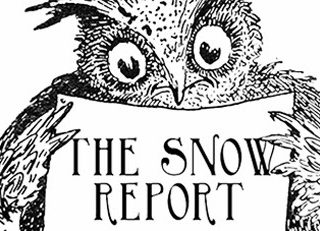Afasic – What is DLD?
Developmental Language Disorder or DLD (previously known as Specific Language Impairment or SLI) is a persistent type speech, language and communication need that cannot be explained by an obvious cause.
Visit websiteBercow – 10 Years On
Bercow: Ten Years On is a report on the state of provision for children’s speech, language and communication needs (SLCN) in England. The report has been published by I CAN , the children’s communication charity, and the Royal College of Speech and Language Therapists (RCSLT).
Visit websiteDevelopmental Language Disorder Awareness Day – Top tips for identification and teaching
As we approach Developmental Language Disorder Awareness Day, Jules Daulby takes a look at this often lesser-known communication difficulty, its characteristics, and how best to support children with Developmental Language Disorder (DLD) in the classroom.
Visit websiteDLD Bubble Toolkit
This DLD Toolkit for practitioners was developed by The Communication Intervention Team (ComIT), with support from NAPLIC. It uses the RADLD DLD Bubble Resource which highlights areas Children and Young People with Developmental Language Disorder may have difficulty with. The toolkit provides information, strategies, practical activities and suggested resources that can be used within the classroom to support communication development. Watch the DLD Bubble Toolkit Video.
Visit websiteDLD and Me
This site was created by collaborators from several institutions. Our goal is to raise awareness about developmental language disorder (DLD) and to offer support and resources for parents, teachers and individuals impacted by DLD.
Visit websiteDLD Toolbox
The purpose of this toolbox is to address questions related to the diagnosis of Developmental Language Disorder (DLD). The intention is to summarize diagnostic issues for the international community of speech-language pathologists / speech and language therapists (or others) concerned with identifying DLD.
Visit websiteEngage with DLD Project
Are you interested in knowing more about the science behind DLD? Would you be happy to take part in new projects aiming to increase our understanding of the causes and treatment of DLD as well as the long-term outcomes of individuals with DLD? If the answer is yes to any of these questions, please consider signing up to the first international database of families and individuals affected by DLD. The Engage with DLD project aims to help facilitate parental understanding of DLD by creating easy to read summaries of relevant research while also giving parents and individuals the opportunity to engage in research projects directly!
Visit website"I've Still Got It, Haven't I?" - DLD in Older Children and Adolescents
Available in ENGLISH & FRENCH. This short booklet has been written for parents, teachers, professionals and the general community in order to raise awareness about the nature and impact of Developmental Language Disorder (DLD) in older children and adolescents. The content covers the many different aspects of oral and written language that are often significantly problematic for these young people, as well as providing a great many ways in which we can all give practical support.
Visit websiteMCRI Policy Brief
2 May 2017
Developmental Language Disorder – a public health problem?
Download (705.53 KB)Moor House Research & Training Institute
Moor House Research & Training Institute is at the forefront of research into the effectiveness of therapy interventions for school aged students with severe Developmental Language Disorder. Click the link to access free information for teachers and parents/caregivers.
Visit websiteNAPLIC
NAPLIC is a registered charity and was founded in 1986. It is an established national organisation of teachers, speech and language therapists and other professionals.
Visit websiteSpeech-Language & Audiology Canada - DLD
14 March 2018
Developmental Language Disorder: Why You Should Add DLD to Your Vocabulary.
Visit websiteSpeech Pathology Australia – DLD
On this page are two articles about Development Language Disorder that appeared in Speak Out. A PDF version of each article is accessible at bottom of this page.
Visit websitespeechBITE
Find Speech Pathology treatment evidence now. speechBITE lists the best evidence first.
Visit websiteSpeechblogUK – 10 Strategies
21 September 2017
For DLD Awareness Day we have joined up with some other SLT bloggers in the UK to write a series of posts (and one podcast!) about DLD, what it is and how you can help. You can find links to the other posts in the series at the end of this post.
Visit websiteThe DLD Project
Extensive and evolving research tells us what works best for people with DLD but unfortunately these learnings and insights sit in the hands of a few. The DLD Project, seeks to address these roadblocks by establishing an online platform which will distribute evidence-based information, resources and training created by expert contributors from around the globe. In addition to offering lots of free and paid tools and resources to support the Australian DLD community a portion of the proceeds will go to funding game changing DLD advocacy and research initiatives.
Visit websiteThe Informed SLP - DLD Assessment: Start here
The Informed SLP’s roadmap for screening and assessment of developmental language disorder in preschool and school-aged children.
Visit websiteThe Snow Report
Behaviour as a form of communication: What’s the issue? There’s been quite a lot of discussion in the Twittersphere, on and off in recent months about the notion that “(all) behaviour is a form of communication”. I’ve bracketed the word “all” here quite deliberately, as I think it is part of the problem, and will come back to that later.
Visit websiteWebwords 60 - DLD
Developed by RAND in the 1950s, the “deliberative tool” called the Delphi method is a forecasting technique, in which a panel of selected experts responds anonymously, in writing, to two or more rounds of carefully designed questionnaires.
Visit websiteWestern University – DLD Projects
The goals of this course are (1) to provide sufficient knowledge and basic clinical skills to begin practice in the area of language and related disorders affecting school-age children, and (2) to develop clinical reasoning skills necessary to address the ambiguity characteristic of professional practice in this area.
Visit websiteWestern University – DLD Presentation
Learning Objectives
Visit website
1. To consider the importance and use of diagnostic labels to describe children with
unexplained language impairments
2. To review recent advances about criteria and terminology for children’s language problems
3. To examine next steps and ongoing challenges in adopting new consensus terminology in practiceWikipedia - DLD
Developmental language disorder (DLD) is identified when a child has problems with language development that continue into school age and beyond. The language problems have a significant impact on everyday social interactions or educational progress, and occur in the absence of autism spectrum disorder, intellectual disability or a known biomedical condition.
Visit website

